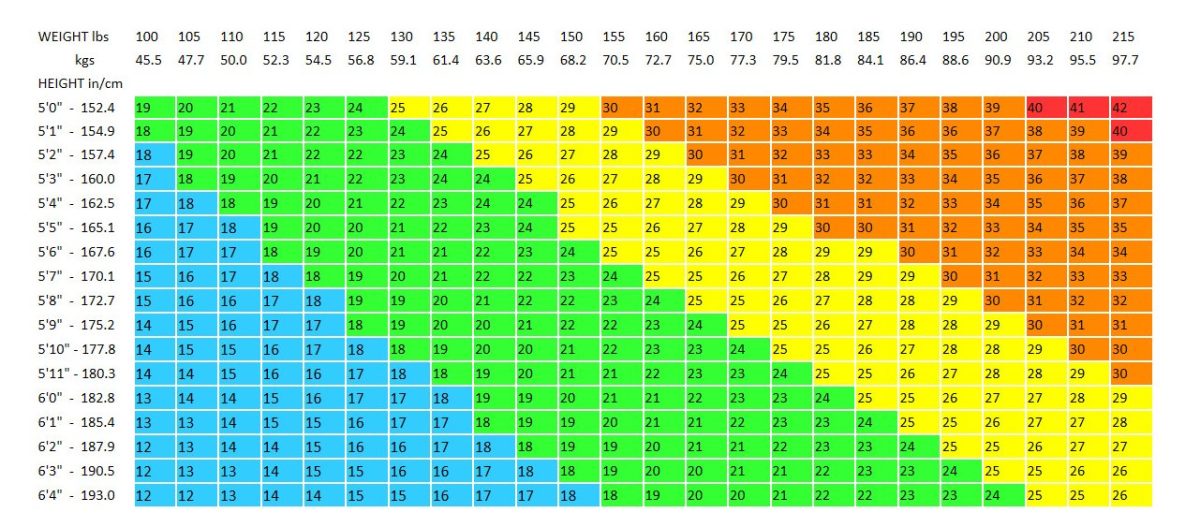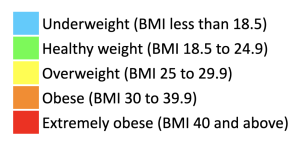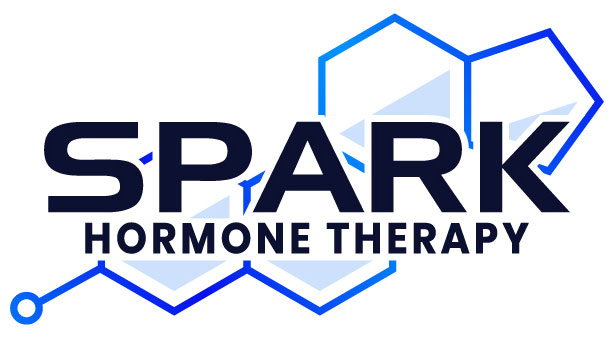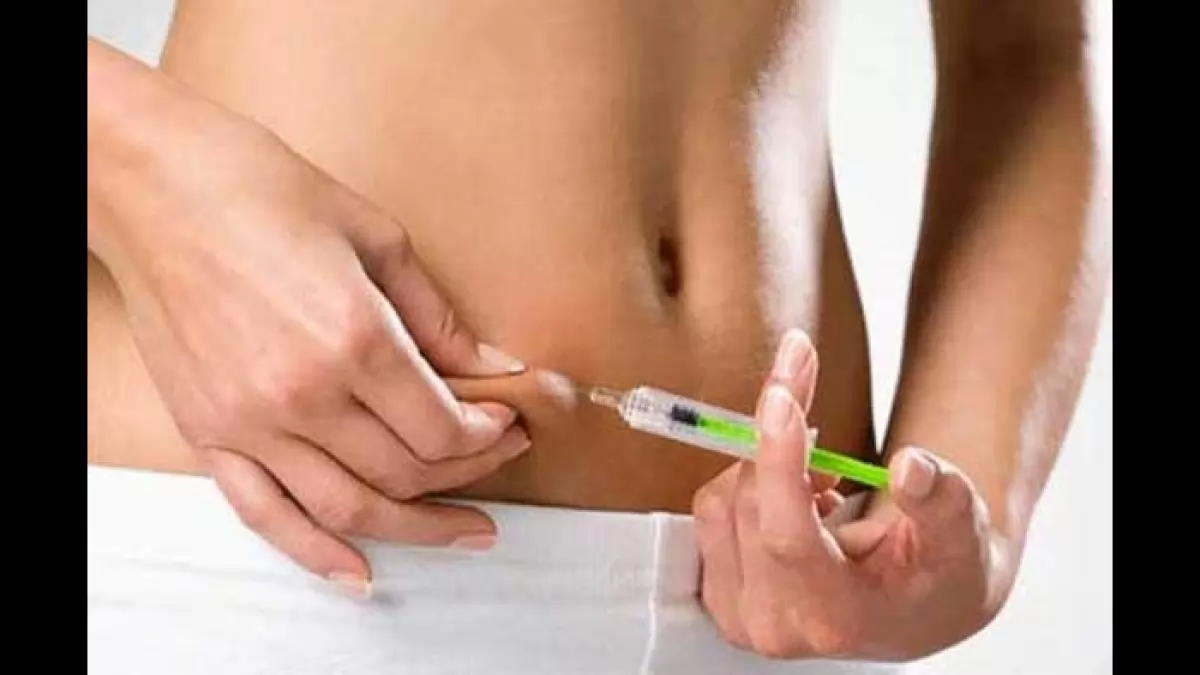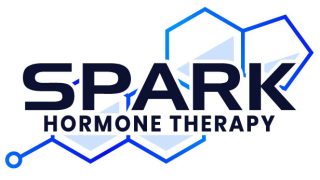Welcome to Spark’s Weight Optimization Program
You have made the decision to join what will be a truly life transformative process. We can’t wait to see what you accomplish. You are brave, taking a chance on what you may feel could be just another fad diet or program. What I can tell you, is that this is as close to a guarantee as I can give, if you follow the program and do the work, great results will follow.
GETTING STARTED – Your First Week
Before your first coaching session, we ask that you are prepared to set yourself up for success. For best results and to receive the most from the program, we recommend you do the following prior to your first session. If you follow the nutrition advice, implement our exercise guidelines, behavioral modifications, personal development work, and take the medication as directed, you will be successful. The goal of the program is obviously to lose weight, but we want you to regain your optimal health and build the life you want.
Step 1. Track Food & Activity –

Step 2 “Relationship with Food Journal”
Get a notebook that will be your relationship with food journal. You can use the journal to write about and track your food if you prefer not to use an app. We will use the journal as an exercise to discover what exactly is your relationship with food. Everybody has a relationship with food, unfortunately for many this is often a dysfunctional or abusive one. We want to get back to a relationship that is healthy, respectful, and conducive to health and wellness. Begin to write about any emotions that come up when you are eating, how food makes you feel, and emotions you experience when you struggle with food. This starts a discovery process and creates awareness around compulsions and unhealthy food habits. The first step is to create awareness and understand why we do what we do. If this is not understood, it is impossible to create strategies on how to deal with and reprogram belief systems. An example, most patients that first come to us are focusing on portion controlling, still holding the belief that low calories and more exercise is how to lose weight, that what we have been told by society is healthy, that we should be focus on low fat foods, and this just isn’t true.
Step 3: Clean out your cabinets
Step 4: In-Body composition scan.
This is a body composition scanner. This will allow us to track your body composition progress throughout your transformation. This is much more powerful than a scale, we can track not only the weight you lose, but what that weight consists of, your lean muscle versus your body fat percentage. We will do this every six to eight weeks and will help us with necessary adjustments to the program. You can do this at NoCo Fitness in Greeley anytime they are open and staffed. The cost is $10. They are located at: 3820 W 10th St Suite B-10, Greeley, CO 80634
Step 5: Education – Knowledge is power
Below you will find links to documents on sugars, reducing carbs and general guidelines for low carb healthy fats, and our recommended approach to nutrition. These documents will be helpful to understand why the foods we have been eating are toxic to our health and directly contribute to chronic disease, metabolic syndrome, and other inflammatory conditions. Please read them, and possibly multiple times.
Healthy Fats
Quit Sugar Guide
20 TOP TIPS FOR LOW CARB STARTERS
And finally, if you have any questions or concerns, don’t hesitate to reach out, we are here for you. We can be reached via email, the contact us form, or you can call or text the clinic line at (970) 716-1173. You can always schedule an additional session if you need more support.
Good luck and you can 100% change your life with this program permanently.
Have Faith, Do the Work, Trust the Process
The First Week
What to expect, what needs to be done, and how to maximize your results.
Resources?
Put more Patient Resources HERE!
RECIPES
EXERCISE AND RESISTANCE TRAINING
- What can I expect for weight loss every week?
- Do I have to exercise?
- Do I have to eat low carb?
- Am I going to gain the weight back after I stop taking the medication?
- Why no matter what I do, can I not lose weight?
This is highly variable but you should expect to lose anywhere from .5-1% of your bodyweight every week. This will depend on you though. We have had patients that do all the work, really dial in their nutrition, activity, exercise and do better than this. It is also not uncommon for patients to lose well over 10% of their body weight in the first 8-12 weeks.
Many people believe that they have to exercise in order to lose weight, but the truth is that exercise is not always necessary for weight loss. While physical activity can certainly be beneficial for overall health and well-being, the key to losing weight is really about balancing our hormones, improving insulin resistance and pulling energy from out fat stores and oxidizing it to be released and utilized by the body.
This means that you can lose weight simply by adjusting your nutrition. In fact, research has shown that changes in dietary habits are often more effective for weight loss than exercise alone. And we can never outwork terrible nutrition.
Of course, exercise can still be a valuable tool for weight loss, especially strength and resistance training as it can help increase muscle mass which will boost metabolism. This burns more energy even at rest. However, if you are unable to exercise due to physical limitations or time constraints, you can still achieve weight loss success through dietary changes alone.
Ultimately, the most important factor in weight loss is finding a sustainable approach that works for your individual needs and preferences. Whether you choose to incorporate exercise or focus solely on your diet, consistency and patience are key for long-term success. But we have taken all of the guess work out through knowing what works with thousands of successful patient of our own and our partners.
No but you should, and I’ll tell you why. While low-carb diets can be effective for weight loss and improving certain health markers, such as blood sugar control and triglyceride levels, it is not necessarily required for everyone to follow a low-carb diet. However, in our experience it is by far the most superior way to lose weight the fastest and completely reverse most of the metabolic syndromes we face. If you have metabolic syndrome, pre-diabetes, diabetes, or fatty liver disease any amount of carbohydrates are going to be detrimental to healing.
it is important to note that many individuals today are metabolically damaged, insulin resistant, and may have non-alcoholic fatty liver disease (NAFLD), often as a result of a high sugar, high-carbohydrate, processed food diet and sedentary lifestyle. In these cases, adopting a low-carb diet can be beneficial and effective.
Low-carb diets typically involve reducing or eliminating foods high in carbohydrates, such as sugar, bread, pasta, rice, and increasing consumption of healthy fats and protein. This approach will help improve insulin sensitivity and reduce inflammation in the body, leading to weight loss and improved health outcomes.
It is natural to wonder whether the weight loss achieved through taking semaglutide shots can be maintained after stopping the medication.
While it is possible to regain weight after stopping semaglutide shots, it is not necessarily inevitable. The key to maintaining weight loss after stopping the medication is to make lasting behavioral changes that support a healthy lifestyle. This means adopting healthy eating habits, staying physically active, and managing stress levels. If you reverse your metabolic syndrome and your insulin resistance, there is no reason that you can’t maintain your weight loss.
Research has shown that successful weight loss maintenance requires ongoing efforts and commitment to healthy behaviors. Therefore, if you rely solely on taking semaglutide injections without making permanent behavioral and lifestyle changes, it is a certainty that you will regain weight.
After you reach your goal weight, we will also be working closely with you to make sure that you are setup for success long term.
If you have been struggling to lose weight no matter what you have tried, it is likely that you have underlying metabolic issues, such as metabolic syndrome or insulin resistance. Only 7% of Americans today are metabolically healthy. These conditions make weight loss challenging and all but impossible, even when eating a healthy diet and exercising regularly.
Metabolic syndrome is a cluster of metabolic risk factors that increase the risk of developing chronic diseases such as diabetes, heart disease, and stroke. The condition is characterized by a combination of factors such as high blood pressure, high blood sugar, high triglycerides, low HDL cholesterol, and excess abdominal fat. Having metabolic syndrome can make it difficult to lose weight and can often leads to weight gain.
Insulin resistance and hyerinsulinemia is another metabolic issue that can make weight loss extremely challenging. Insulin is a hormone produced by the pancreas that regulates blood sugar levels. Insulin resistance occurs when the body’s cells become less responsive to insulin, leading to high blood sugar levels. Because blood sugar in excess is toxic it must be removed, and in people that are insulin resistant this often is removed and stored as fat. This can cause weight gain, especially around the abdomen, and make it difficult to lose weight.
Research has shown that weight loss is more than just about calories in versus calories out. Hormones play a significant role in regulating appetite, metabolism, and fat storage. In particular, the hormones insulin, cortisol, and leptin can dramatically impact weight loss success.
Insulin plays a critical role in regulating metabolism and fat storage. When insulin levels are high, the body is in fat storage mode, making it difficult to lose weight. Reducing insulin resistance through dietary and lifestyle changes can help improve weight loss success.
In conclusion, if you have been struggling to lose weight despite efforts to eat healthy and exercise regularly, it is important to consider underlying metabolic issues such as metabolic syndrome or insulin resistance. These conditions can make weight loss challenging and may require specific dietary and lifestyle changes to improve success. Additionally, understanding the role of hormones in weight loss can help shift the focus from simply counting calories and increasing physical activity to addressing hormonal imbalances that may be contributing to weight gain.
HOW IT WORKS
CONSULTATION
Set up an initial consultation where questions are answered and lab work is ordered.
LABS / PLAN
Follow-up appointment to discuss in-depth lab results and YOUR personalized plan.
FOLLOW UP
Depending on the therapy chosen, follow-up is initially in eight weeks then every six months. Some patients only require labs and follow-up yearly depending on how YOU feel!
Your Current BMI (Body Mass Index)
There are other ways to calculate your body composition or level of health. One basic indicator is your waist to height ratio.
